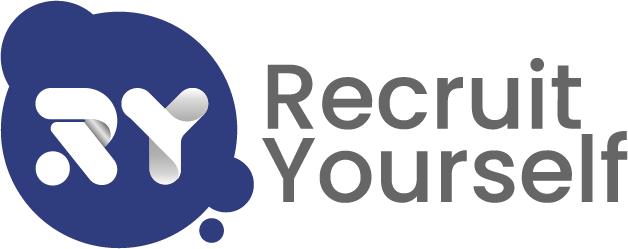1. Preparing for Interviews:
- Research the candidate: Familiarise yourself with the candidate’s resume, cover letter, and any other relevant materials.
- Understand the job requirements: Have a clear understanding of the role’s responsibilities, qualifications, and expectations.
- Prepare interview questions: Develop a list of questions tailored to assess the candidate’s skills, experience, and fit for the role.
- Set up logistics: Ensure that the interview location, technology (if virtual), and schedule are arranged in advance.
2. Creating Structured Interview Frameworks:
- Define interview stages: Break down the interview process into stages, such as screening, technical assessment, and final interview.
- Establish criteria: Determine the key competencies and qualities required for success in the role.
- Develop standardised questions: Create a set of questions that align with the defined criteria for each interview stage.
- Assign roles: Clarify the roles and responsibilities of interviewers and ensure consistency in evaluating candidates.
3. Asking Behaviour-Based Questions:
- Focus on past behaviour: Ask questions that prompt candidates to describe specific situations or experiences relevant to the job.
- Use the STAR method: Structure questions to elicit responses that describe the Situation, Task, Action, and Result.
- Tailor questions to job requirements: Align behaviour-based questions with the key competencies and skills needed for the role.
- Encourage detailed responses: Probe further to uncover the candidate’s thought process, decision-making abilities, and problem-solving skills.
4. Actively Listening to Candidates:
- Maintain focus: Give the candidate your full attention and avoid distractions during the interview.
- Practice empathy: Listen attentively to the candidate’s responses and demonstrate understanding and empathy.
- Take notes: Capture key points and observations during the interview to aid in evaluating the candidate later.
- Ask follow-up questions: Clarify any unclear responses and delve deeper into relevant topics to gain a comprehensive understanding.
By incorporating these tips and best practices into the interview process, recruiters and hiring managers can conduct more effective interviews, assess candidates more accurately, and make informed hiring decisions that align with the organisation’s goals and culture.










